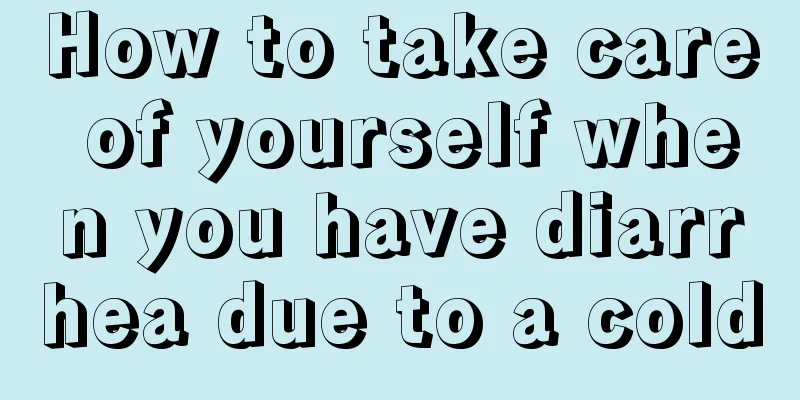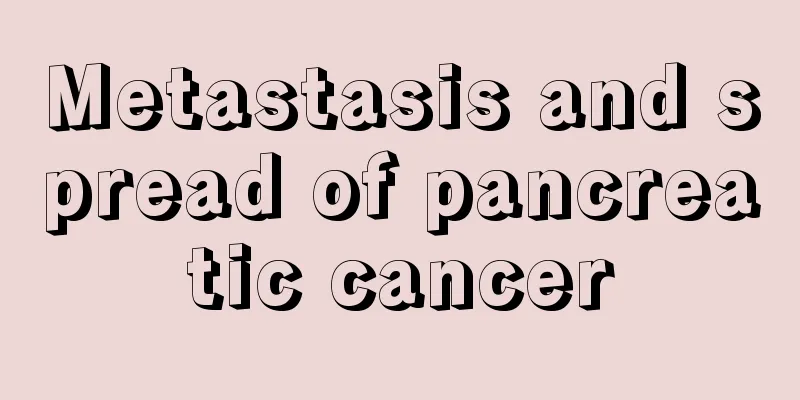How to quickly deal with crab allergy

|
Summer should be the best time to eat seafood. However, not everyone can eat seafood, because some people are prone to allergies after eating shrimp or crabs, and many small red spots appear all over the body. But some people don’t know that they will be allergic to seafood. If they accidentally eat crabs without knowing it and develop allergies, how should they deal with it? 1 If the allergic symptoms are mild, you don’t need to take any medication or special treatment. They will heal on their own after 1 or 2 days. 2 If the allergic symptoms are obvious and the itching all over the body is unbearable, you can try taking common anti-allergic drugs (such as loratadine). 3. While taking anti-allergic drugs, you can also take vitamin C. 4 While taking the medicine, you can also apply dermatitis ointment on the itchy and rash skin. 5 If you experience difficulty breathing, cold hands and feet, panic, etc., go to the hospital immediately and explain that you have eaten crabs before. 6 During the allergy period, you should not eat seafood such as crabs and shrimps, and should also avoid eating greasy and spicy foods. Precautions 1Please read the instructions of the corresponding medicine carefully before taking it. 2. Piyanping Ointment should not be applied on a large area or used for a long time. 3 Allergies do not necessarily cause itching on the body. They may also be accompanied by other symptoms such as diarrhea and difficulty breathing. If other discomforts occur, please go to the hospital for medical treatment in time. What foods can't be eaten with crabs? Crabs should not be eaten with sweet potatoes, pumpkins, honey, pears, pomegranates, tomatoes, cantaloupes, peanuts, snails, celery, persimmons, rabbit meat, and nepeta; do not drink cold drinks when eating crabs as it will cause diarrhea. How to Prevent Seafood Allergies 1. Avoid undercooked seafood: The pathogens in seafood are mainly Vibrio parahaemolyticus, etc., which are relatively heat-resistant and can only be killed at temperatures above 80°C. In addition to the bacteria brought in by water, seafood may also contain parasite eggs, as well as bacteria and virus pollution brought by processing. Generally speaking, boiling in boiling water for 4-5 minutes is considered to be completely sterilized. Therefore, you must be cautious when eating seafood that is not cooked by heating, such as "drunk crab", "raw sea urchin", and "seafood marinated in soy sauce". When eating sashimi, you must also ensure that the fish is fresh and hygienic. 2. Do not eat dead seafood: Shellfish themselves carry a relatively high amount of bacteria and their protein decomposes very quickly. Once they die, they will multiply bacteria and produce toxins in large quantities. At the same time, the unsaturated fatty acids they contain are also easily oxidized and rancid. Stale shellfish will also produce more amines and free radicals, posing a threat to human health. After purchasing live scallops, do not store them at home for too long and cook them as soon as possible. People with allergies should be especially careful, because sometimes the allergic reaction is not caused by the seafood itself, but by substances in the decomposition process of seafood protein. 3. Do not drink with beer: It is best not to drink beer when eating seafood. Seafood such as shrimp and crab will form uric acid after being metabolized by the human body. Excessive uric acid can cause gout, kidney stones and other diseases. If you eat a lot of seafood and drink beer at the same time, it will accelerate the formation of uric acid in the body. 4. Do not eat with fruits: Seafood such as fish, shrimp, and crab are rich in nutrients such as protein and calcium. Fruits contain more tannic acid. If you eat fruits immediately after eating seafood, it will not only affect the body's absorption of protein, but the calcium in seafood will also combine with the tannic acid in fruits to form insoluble calcium, which will irritate the gastrointestinal tract and even cause abdominal pain, nausea, vomiting and other symptoms. 5. Do not drink tea with water: The reason why you should not drink tea after eating seafood is similar to the reason why you should not eat fruit. Because tea also contains tannic acid, it can also form insoluble calcium with the calcium in seafood. Eating seafood before or after eating seafood will increase the chance of calcium combining with tannic acid. Therefore, it is best not to drink tea when eating seafood. Similarly, it is best to have an interval of more than 2 hours. |
<<: How to lose weight quickly
>>: Is it harmful to eat cucumbers with flowers?
Recommend
Five things to note when picking up moles
There are many ways to remove moles, but everyone...
Why does hair become oily so quickly
Washing hair is a very simple thing for men, beca...
What is three-dimensional conformal radiotherapy for nasopharyngeal carcinoma
Radiotherapy is the main treatment for nasopharyn...
What should I do if my esophagus is blocked by esophageal cancer
Esophageal cancer brings not only the torture of ...
Symptoms of benign bone cancer are usually painless
Clinically, special viruses can cause symptoms of...
How much does gastric cancer resection surgery cost?
How much does gastric cancer resection surgery co...
What to do if the iron pan is rusted
Many people like to cook with iron pots. Using ir...
Can early and middle stage cervical cancer be cured?
Can early and middle stage cervical cancer be cur...
Can small cell lung cancer be completely cured
Can small cell lung cancer be completely cured? A...
9 moves that are destroying your bones
If the human body is compared to a building, the ...
Does exercise make you sweat and remove moisture?
Exercise and sweating can remove moisture. Becaus...
Possible results of positive pregnancy test stick
Early pregnancy test strips are very convenient t...
What are the prevention methods for esophageal cancer?
What are the prevention methods for esophageal ca...
Characteristics of Traditional Chinese Medicine in Treating Skin Cancer
Clinical practice has shown that high-dose radiot...
Where is the shrimp thread
When we eat shrimp, sometimes we will find a blac...









